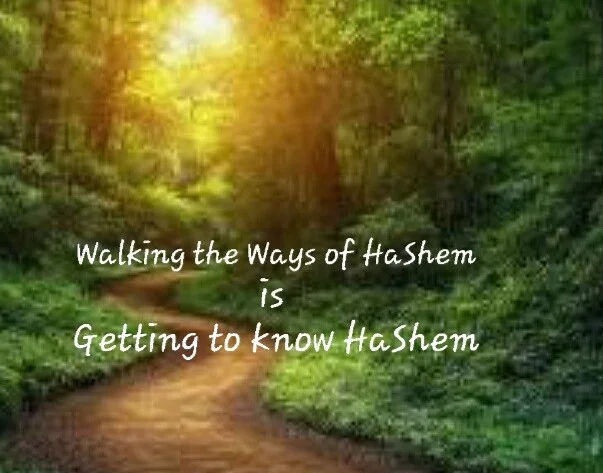Don't Let the Seder be a Bore
- WireNews

- Apr 14, 2022
- 4 min read
Pesach 2022
by Rabbi Jeremy Rosen

The text of the Hagadah that we use today, goes back a thousand years although its origins are Mishnaic, two thousand years ago. It celebrates the story (or if you prefer an academic approach the Foundation Myth) of the Jewish people. After the initial era of Abraham, Isaac, and Jacob who encounter God, a nation develops which experiences slavery, and freedom and then accepts the disciplines of a moral behavioral code of life. Not without a struggle and constant backsliding. Hagadah means to tell a story. This is the story of the Seder Night.
After the destruction of the Temple, its early rituals were superseded by the family gathering to talk and debate about freedom. The trouble is that too often what starts as inspirational and educational, ends up being a routine, empty formality.
The genius of the Hagadah is that it involves everyone from children to adults in the ceremony. However, the text is only a hook to hang ideas on. Not an end in itself. It presents questions and answers. It recognizes that over time both questions and answers change. This is why the Talmud says that if anyone asks any relevant question, one does not have to recite the Ma Nishtana text, “Why is this night different.” And everyone has to say that “God took us, yes us, out of slavery.” Imagine, not a world without religion, but a world with people behaving religiously regardless.
What does freedom mean? Is it about history, that we could still be peasants, disenfranchised untouchables? Or does it mean that it is our culture and traditions that have made us different both in a positive and negative sense? Is it an accident or a miracle that we have survived? Should we celebrate this or try to run away from it?
The Hagadah does not try to hide our failures or deny our triumphs. “We were idol worshippers,” “we were slaves,” but we were also pious brilliant scholars and fighters. For our survival and the right to live a spiritual life, different from those of other dominant cultures. One is personal, the other personal and national.
The intention was that the text would only be the intellectual hors d’oeuvre. Scholars and students would spend the rest of the night in debate and discussion, not just on religious matters but on political issues and the steps to be taken to free one from the cultural and physical slavery of later oppressors. Greece, Rome, Christianity, and Islam.
Over time more was added to the Hagadah that might have resonated with mystics or scholars but that now simply leaves many moderns bemused, frustrated, and longing for it all to end as soon as possible to get on with the food and drink.
In religious homes the interest in analyzing the text, bringing other sources and debates from classical Jewish rabbinic literature to bear on complex questions, or coming up with one’s own solutions are all part of traditional table talk under normal circumstances. This is all the more relevant on a night when the greatest of rabbis and their students went on debating and arguing until dawn.
But outside of a traditional religious household, most of the text of the Hagadah has become alien and irrelevant.
So, nowadays, if you find yourself amongst or hosting a reluctant group of participants, I suggest paring down the Seder to the core paragraphs and blessings and allowing all the guests to talk freely about their own personal experiences and voyages, of “servitude” and freedom, at home or work, of being forced to do what they did not want to, of all the issues of personal integrity and morality that lie at the core of Jewish life.
There is plenty to discuss this year as evil rulers try to impose their imperial ambitions and political dogmas on others. Some violently and others insidiously.
What does freedom mean? Does freedom mean to do whatever one pleases? Or the freedom to act honorably and ethically? In our so-called civilized world, even in outwardly religious worlds today, we still have too many Pharaohs and too many hypocrites. If we cannot make the world better, perhaps Elijah might. Perhaps Elijah can get us to be better human beings.
Don’t let your Seder Night on Pesach be an empty ritual, remembered for its food rather than its ideas
Happy Pesach, Chag Sameach, and of course Shabbat Shalom.
Jeremy
###
Jeremy Rosen was born in Manchester, England, the eldest son of Rabbi Kopul Rosen and Bella Rosen. Rosen's thinking was strongly influenced by his father, who rejected fundamentalist and obscurantist approaches in favour of being open to the best the secular world has to offer while remaining committed to religious life. He was first educated at Carmel College, the school his father had founded based on this philosophical orientation. At his father's direction, Rosen also studied at Be'er Yaakov Yeshiva in Israel (1957–1958 and 1960). He then went on to Merkaz Harav Kook (1961), and Mir Yeshiva (1965–1968) in Jerusalem, where he received semicha from Rabbi Chaim Leib Shmuelevitz in addition to Rabbi Dovid Povarsky of Ponevezh and Rabbi Moshe Shmuel Shapiro of Yeshivat Be'er Ya'akov. In between Rosen attended Cambridge University (1962–1965), graduating with a degree in Moral Sciences.








